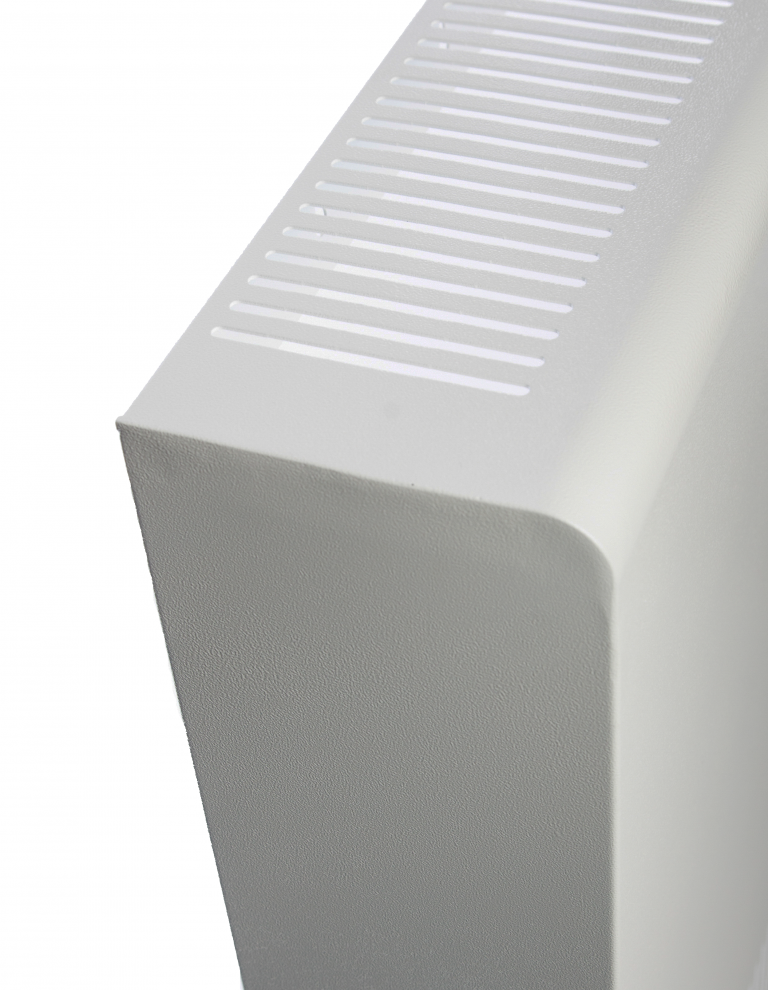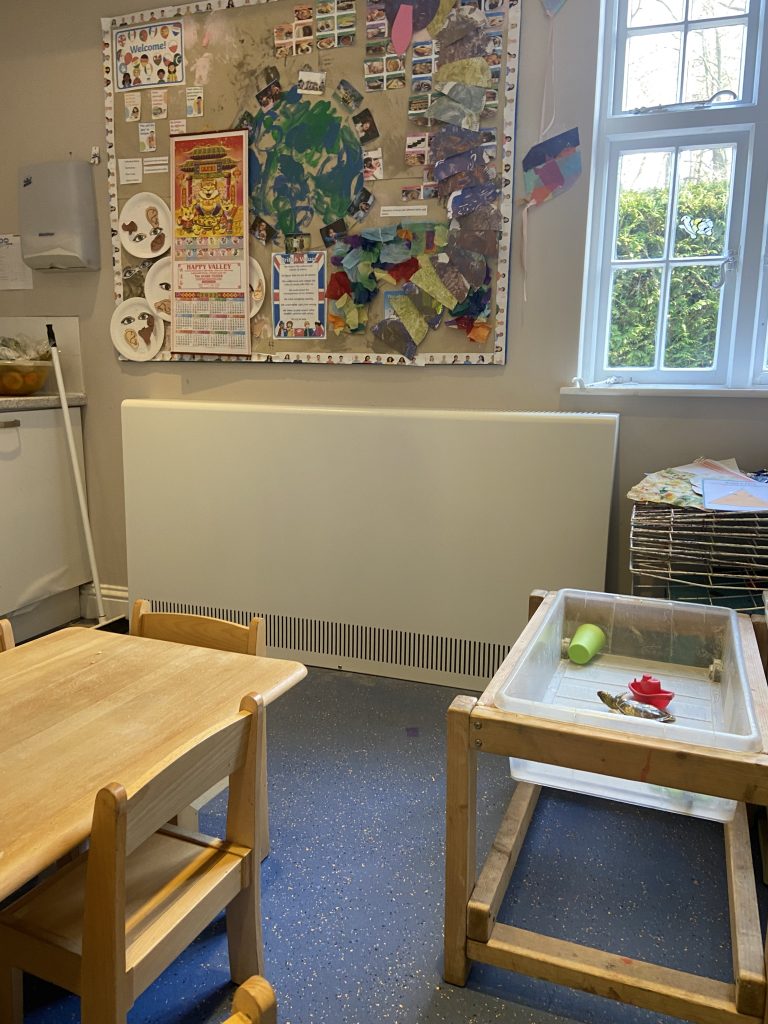Enhancing Safety in Mental Health Units: The Role of Anti-Ligature Products

Creating a safe and therapeutic environment in mental health units is a top priority for healthcare providers. Patients receiving care for mental health conditions may be at risk of self-harm, making it essential to design facilities that minimise these risks. One crucial aspect of this effort is the use of anti-ligature products, which are specifically designed to prevent self-inflicted injuries by eliminating points where ligatures can be attached.
What Are Anti-Ligature Products?
Anti-ligature products are designed to reduce the risk of self-harm in mental health settings by removing or modifying potential anchor points. These products are engineered to withstand tampering and to prevent the attachment of cords, ropes, or other materials that could be used for strangulation.
Essential Anti-Ligature Solutions
Several key anti-ligature solutions have been developed to enhance patient safety in mental health units. These include:
- Anti-Ligature Door Hardware
- Specially designed hinges and handles that prevent ligature attachment.
- Sloped or rounded edges to eliminate anchor points.
- Ligature-Resistant Fixtures
- Bathrooms and bedrooms in mental health units often feature ligature-resistant taps, showerheads, and grab bars.
- Toilets, sinks, and paper towel dispensers are designed to minimise risk.
- Safe Furniture and Beds
- Heavy, tamper-proof furniture that cannot be easily moved or dismantled.
- Beds with smooth, integrated designs that reduce opportunities for self-harm.
- Shatterproof Mirrors and Windows
- Made from polycarbonate or laminated glass to prevent breakage.
- Securely fixed to walls to avoid tampering.
- Ligature-Resistant Curtain Tracks
- Designed to collapse under excessive weight, preventing use as an anchor point.
- Used in patient rooms, shower areas, and common spaces.
- Anti-Ligature Radiator Covers
- Specially designed covers to prevent ligature attachment while allowing efficient heat distribution.
- Made from durable, tamper-resistant materials to enhance safety.
The Importance of Anti-Ligature Design
Implementing anti-ligature products in mental health units is not just about compliance; it’s about creating a therapeutic environment where patients feel secure and supported. By reducing risks, these products contribute to:
- Improved Patient Outcomes: A safer environment allows for better focus on recovery and treatment.
- Enhanced Staff Confidence: Healthcare professionals can work with greater peace of mind knowing that risks are minimised.
- Regulatory Compliance: Many health authorities mandate the use of ligature-resistant designs in mental health facilities to ensure patient safety.
Conclusion
The integration of anti-ligature products in mental health units plays a critical role in patient safety and well-being. As mental health care continues to evolve, so too must facility design, ensuring that at-risk individuals receive the care they need in environments that are as safe as possible. Investing in high-quality, thoughtfully designed anti-ligature solutions is a necessary step in creating healing spaces that prioritise both safety and dignity.






